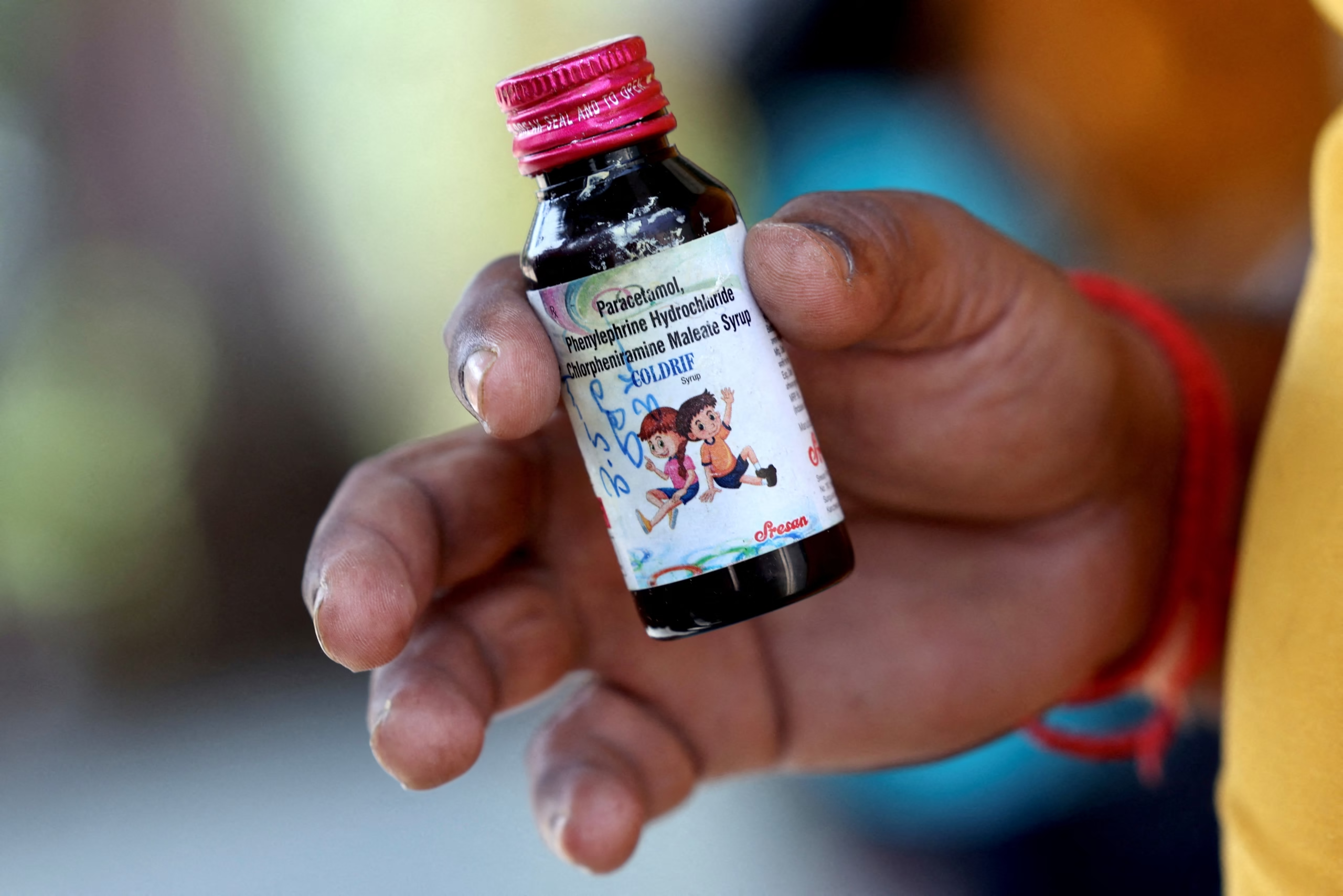Liver cancer remains a major health concern in Vietnam, ranking third in both incidence and mortality according to Globocan 2022 data. Dr. Luu Thao Ngoc, a specialist at the Oncology Department of Tam Anh General Hospital in Hanoi, highlights four common habits that can silently strain the liver and increase the long-term risk of liver cancer.
1. Consuming Moldy Food
Grains like peanuts, beans, corn, and rice can become contaminated with aflatoxin, a highly potent carcinogen produced by certain molds. Aflatoxin is heat-resistant, meaning it survives cooking and continues to pose a risk even when food appears safe to eat.
Health Tip: Store grains and seeds in cool, dry places. Discard any food showing mold, discoloration, or strange odors.
2. Regular Alcohol Consumption
Drinking alcohol frequently can lead to fatty liver, cirrhosis, and alcoholic liver disease. The liver metabolizes alcohol into acetaldehyde, a toxic compound that damages liver cells and DNA, disrupting the organ’s ability to repair itself.
Advice: Limit alcohol intake, especially if you have hepatitis B or C, or a family history of liver disease.
3. Reusing Cooking Oil
Reheated oil produces dangerous compounds such as acrolein, polycyclic aromatic hydrocarbons (PAHs), and aldehydes, which can cause cell mutations and increase cancer risk. The liver bears the burden of detoxifying these harmful substances.
Safe Practice: Avoid using cooking oil more than twice. Opt for healthier cooking techniques like boiling, steaming, or grilling with minimal oil.
4. Misusing Medications and Supplements
Long-term or excessive use of painkillers, antibiotics, herbal remedies, or unregulated supplements can cause drug-induced hepatitis, liver damage, and even cancer.
Reminder: Only take prescribed medications and avoid over-the-counter or unverified health products.
Dr. Ngoc emphasizes that liver cancer often develops silently, with symptoms appearing in late stages. She strongly recommends regular screenings, hepatitis B vaccination, and close monitoring for individuals at higher risk — including those with chronic liver conditions or a family history of liver disease.



